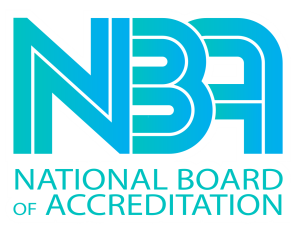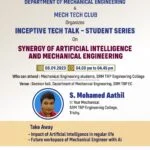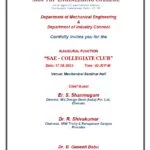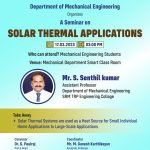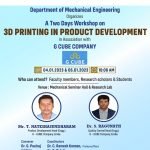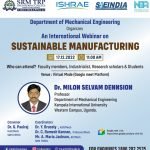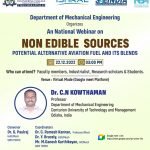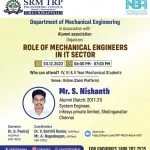Please sign in first
Not a member?
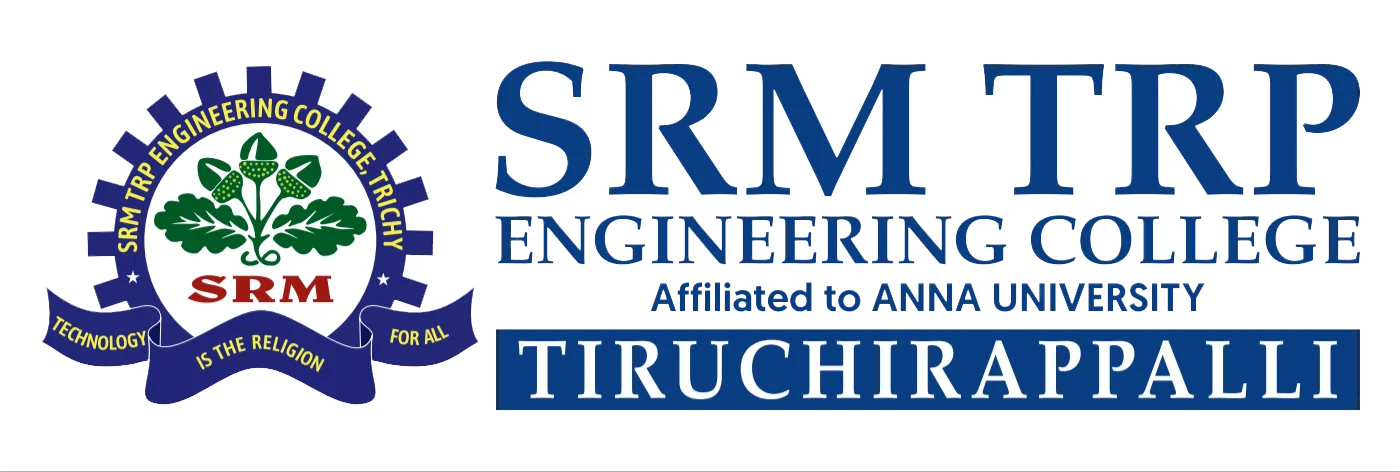
- Departments
- Placement
- Alumni
- Admissions
- International Relations
- Campus Life
- Careers
- About Us
- Facilities
- Research
- IQAC
- Mandatory Disclosures
- NAAC
- NIRF
- Events
- Campus Life
- ERP Portal
- Approvals
- International Internship programme
- Graduation day
- Green Audit Certificate
- Apply Now
About The Department
Mechanical engineering is one of the broadest and most versatile of the engineering professions. The Department of Mechanical Engineering was established in the year 2010 and has state-of-the-art facilities for imparting practical knowledge in the diverse field of Mechanical Engineering. At present, the department offers Under Graduate (B.E.) in Mechanical Engineering, Post Graduate (M.E.) in Thermal Engineering and Doctoral degree (Ph.D.) in Mechanical Engineering programmes. In 2021, B.E. Mechanical Engineering Program has been accredited for 3 years by National Board of Accreditation (NBA). The intense professionalism of the faculty is the root for the sustained excellence consistently. Currently, our faculty members and students are involved in a wide range of projects, including Tool Design, Composite Materials, Cryogenic Process, Machining Simulation, Total Quality Control, Welding Technology, Corrosion, Fuel Cell and Mobility Engineering.
Vision
To produce globally competent, innovative and entrepreneurial mechanical engineers for ever changing industrial and societal needs through academic and research excellence.
Mission
PROGRAMS OFFERED
B.E. – Mechanical Engineering
M.E. – Thermal Engineering
Ph. D - Mechanical Engineering
Program Educational Objectives (PEOs)
The Graduates of Mechanical Engineering will
PEO1: Use interdisciplinary knowledge in mechanical engineering to solve complex challenges with a multidisciplinary approach.
PEO2: Excel in applying core engineering concepts, solving intricate mechanical problems with innovative and practical solutions.
PEO3: Have a broad perspective, integrating knowledge from diverse engineering disciplines to address complex challenges holistically.
PEO4: Exhibit high ethical standards, professionalism, and effective communication skills, contributing to responsible and collaborative engagement in engineering projects.
PEO5: Embrace continuous learning, adapting to evolving technologies and industry trends to sustain their relevance and effectiveness in their professional journey
PROGRAM OUTCOMES (POs)
The students after successful completion of the program will acquire:
PO1: Engineering knowledge: Apply the basic knowledge of science, mathematics and engineering fundamentals in the field of Mechanical Engineering to solve complex engineering problems.
PO2: Problem analysis: Ability to use basic principles of mathematics, natural sciences, and engineering sciences to Identify, formulate, review research literature and analyze mechanical engineering problems.
PO3: Design/development of solutions: Ability to design solutions for complex mechanical engineering problems and basic design system to meet the desired needs within realistic constraints such as manufacturability, durability, reliability, sustainability and economy with appropriate consideration for the public health, safety, cultural, societal, and environmental considerations.
PO4: Conduct investigations of complex problems: Ability to execute the experimental activities using research-based knowledge and methods including analyze, interpret the data and results with valid conclusion.
PO5: Modern tool usage: Ability to use state of the art of techniques, skills and modern engineering tools necessary for engineering practice to satisfy the needs of the society with an understanding of the limitations.
PO6: The Engineer and Society: Ability to apply reasoning informed by the contextual knowledge to assess the impact of mechanical engineering solutions in legal, health, cultural, safety and societal context and the consequent responsibilities relevant to the professional engineering practice.
PO7: Environment and sustainability: Ability to understand the professional responsibility and accountability to demonstrate the need for sustainable development globally in mechanical domain with consideration of environmental effect.
PO8: Ethics: Ability to understand and apply ethical principles and commitment to address the professional ethical responsibilities of an engineer.
PO9: Individual and team work: Ability to function efficiently as an individual or as a group member or leader in a team in multidisciplinary environment.
PO10: Communication: Ability to communicate, comprehend and present effectively with engineering community and the society at large on complex engineering activities by receiving clear instructions for preparing effective reports, design documentation and presentations.
PO11: Project management and finance: Ability to acquire and demonstrate the knowledge of contemporary issues related to finance and managerial skills in one’s own work, as a member and leader in a team, to manage projects and in multidisciplinary environments.
PO12: Life-long learning: Ability to recognize and adapt to the emerging field of application in engineering and technology by developing self-confidence for lifelong learning process.
Program Specific Outcome (PSOs)
The graduates of Bachelor of Engineering in Mechanical Engineering Programme will be able to:
PSO1: Posses the skills in developing industrial products by using domains of the mechanical engineering programme.
PSO2: Apply modern tools to solve complex mechanical engineering problems by employing ethical principles and professional engineering practices.
PROGRAMME EDUCATIONAL OBJECTIVES (PEOs):
PEO1: Analyze, design and evaluate thermal systems using state of the art engineering tools and techniques
PEO2: Develop methods of energy conservation for sustainable growth
PEO3: Communicate effectively and support constructively towards team work
PEO4: Pursue lifelong learning for professional growth with ethical concern for society and environment
PROGRAMME OUTCOMES (POs
:
On successful completion of the programme,
PO1: An ability to independently carry out research/investigation and development work to solve practical problems
PO 2: An ability to write and present a substantial technical report/document
PO 3: Demonstrate a degree of mastery over thermal engineering at a level higher than the Bachelor’s program.
PO 4: Design, develop and analyze thermal systems for improved performance
PO 5: Identify viable energy sources and develop effective technologies to harness them
PO 6: Engage in lifelong learning adhering to professional, ethical, legal, safety, environmental and societal aspects for career excellence
| S.No. | Name of the Recognized Ph.D Supervisor with Designation | Supervisor Reference Number |
|---|---|---|
| 1 | 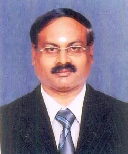 Dr. B.Ganesh Babu Professor | 2920023 |
| 2 | 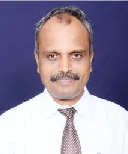 Dr. M. Prabhakar Professor | 1820320 |
| 3 |  Dr. G.Paulraj Professor | 1920311 |
| 4 |  Dr. M.Thilak Professor | 3120006 |
| 5 |  Dr. V.Senthilkumar Associate Professor | 4020013 |
| 6 |  Dr. V.Lakshmanan Associate Professor | 4020006 |
| 7 |  Dr.M.Umar Assiatant Professor | 4120058 |
